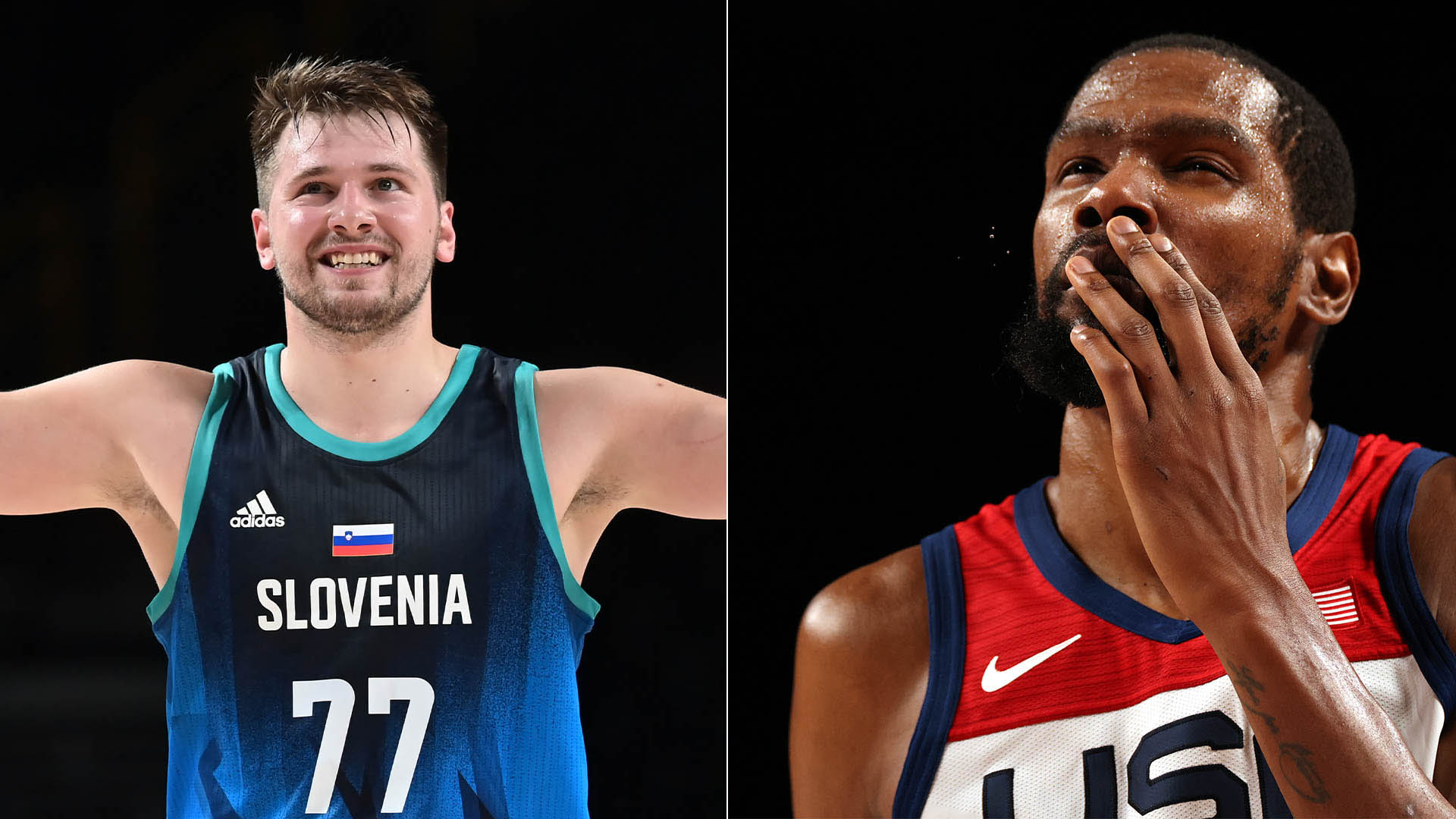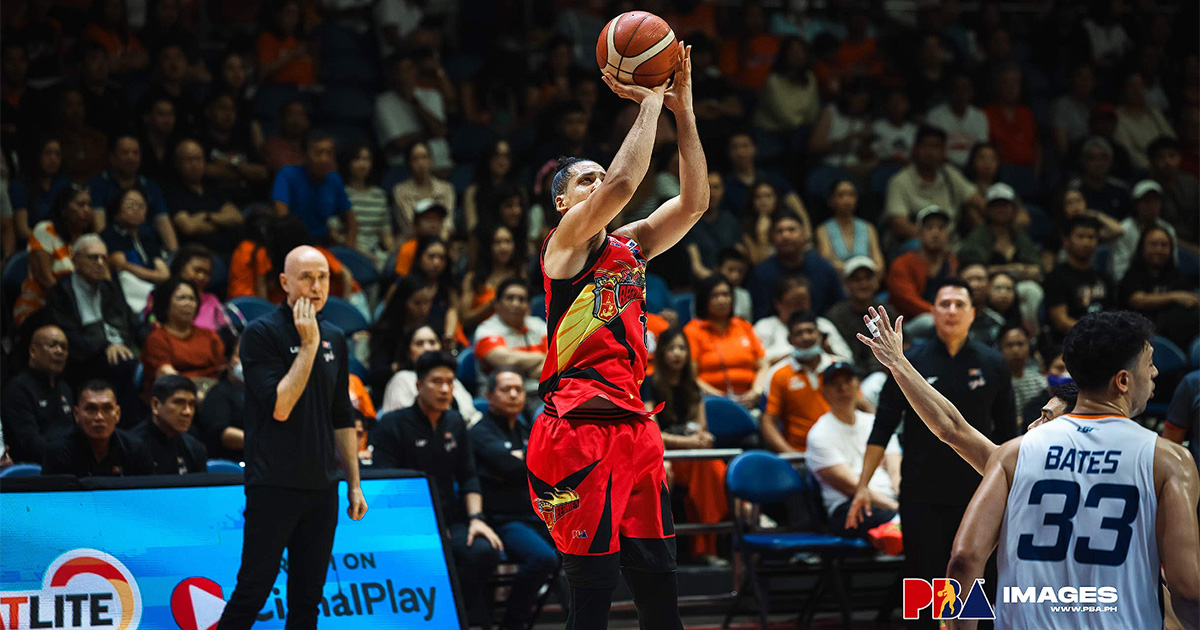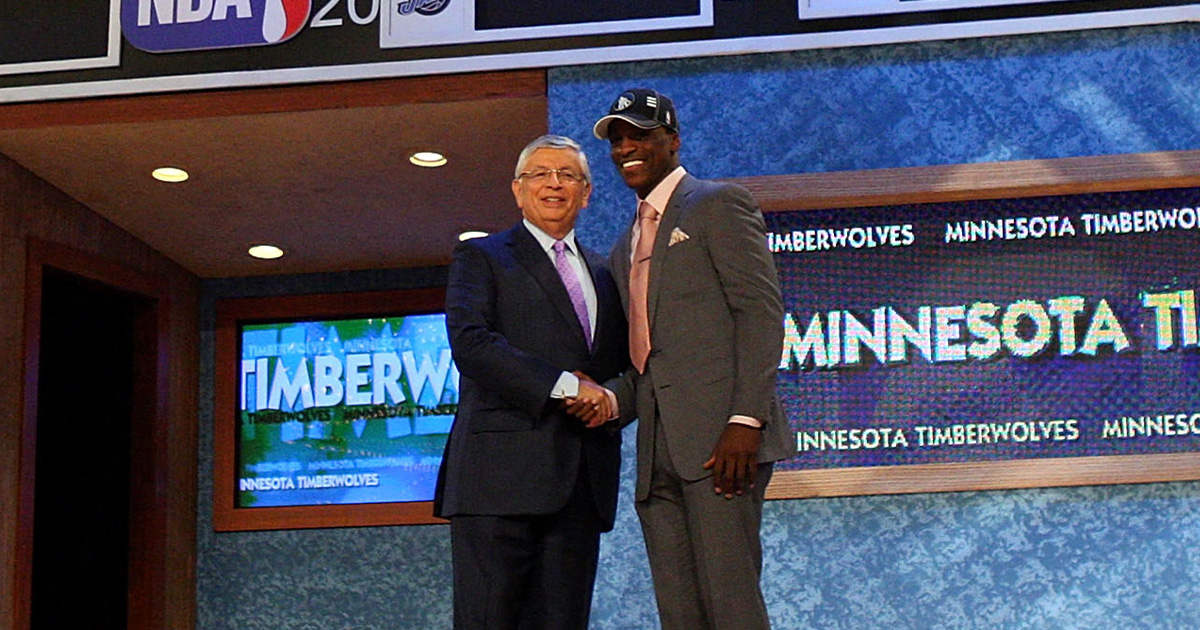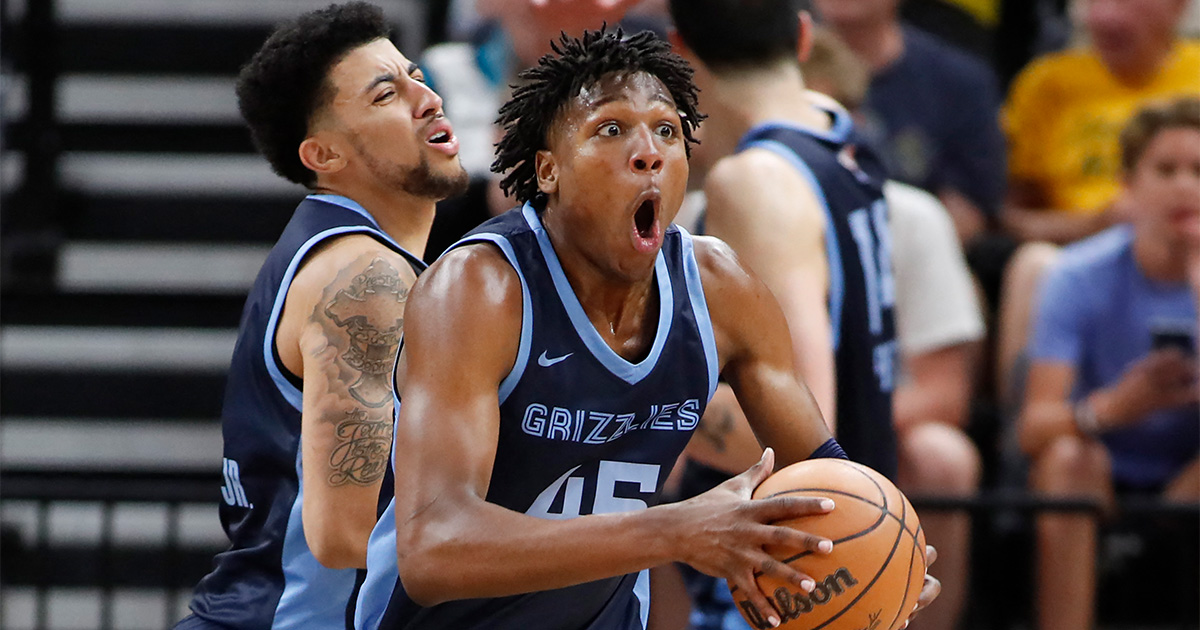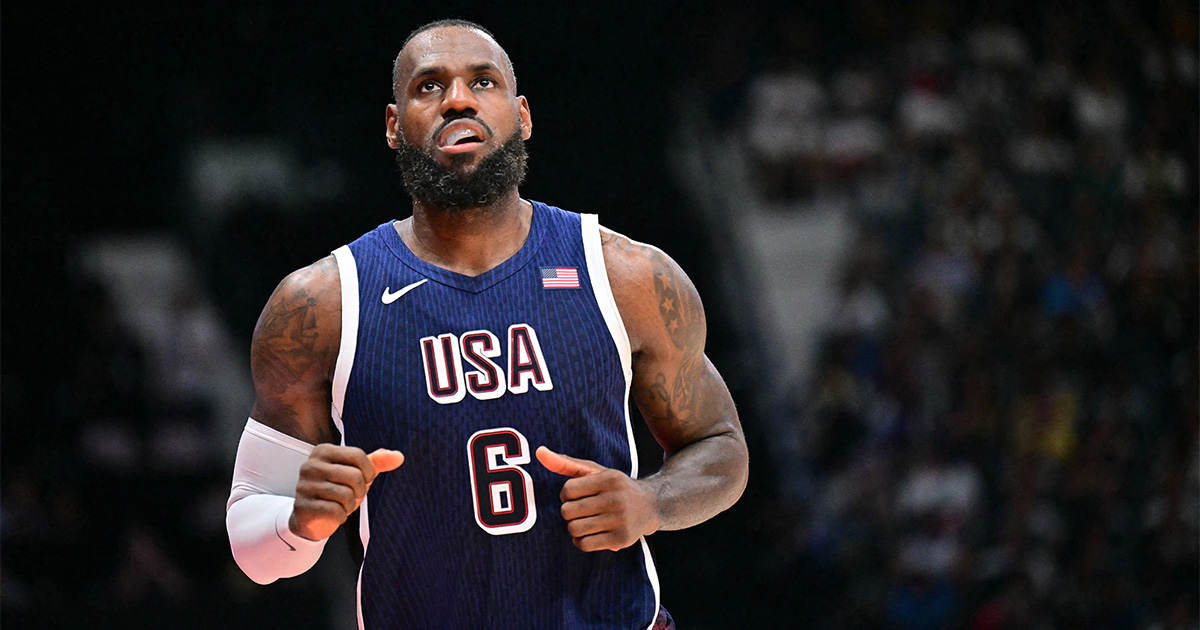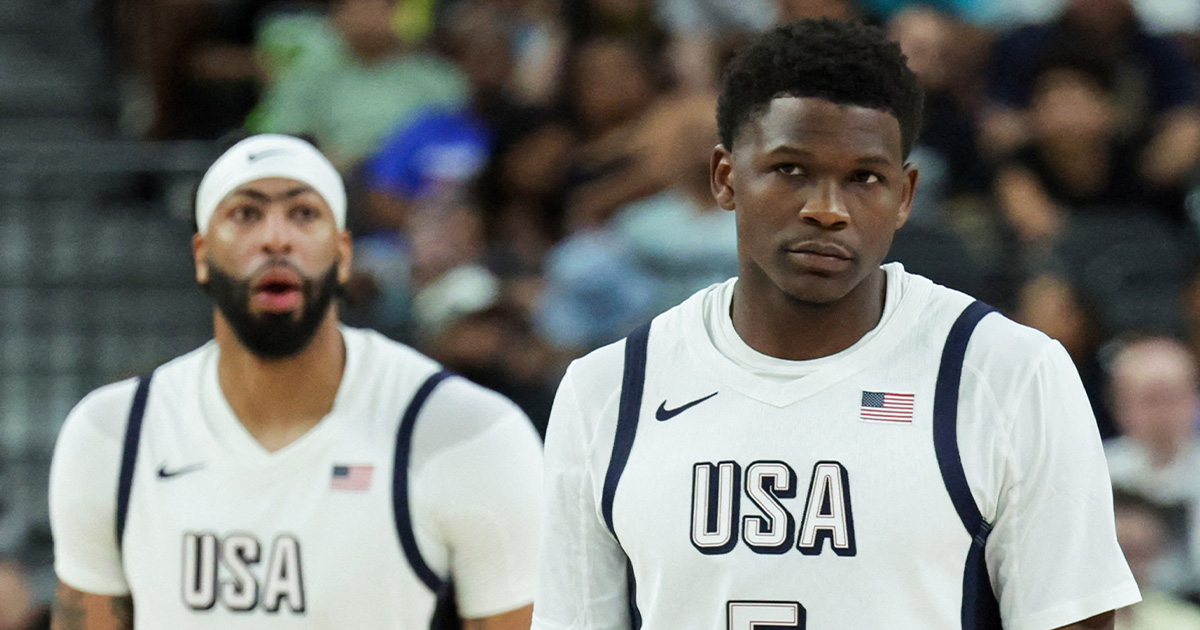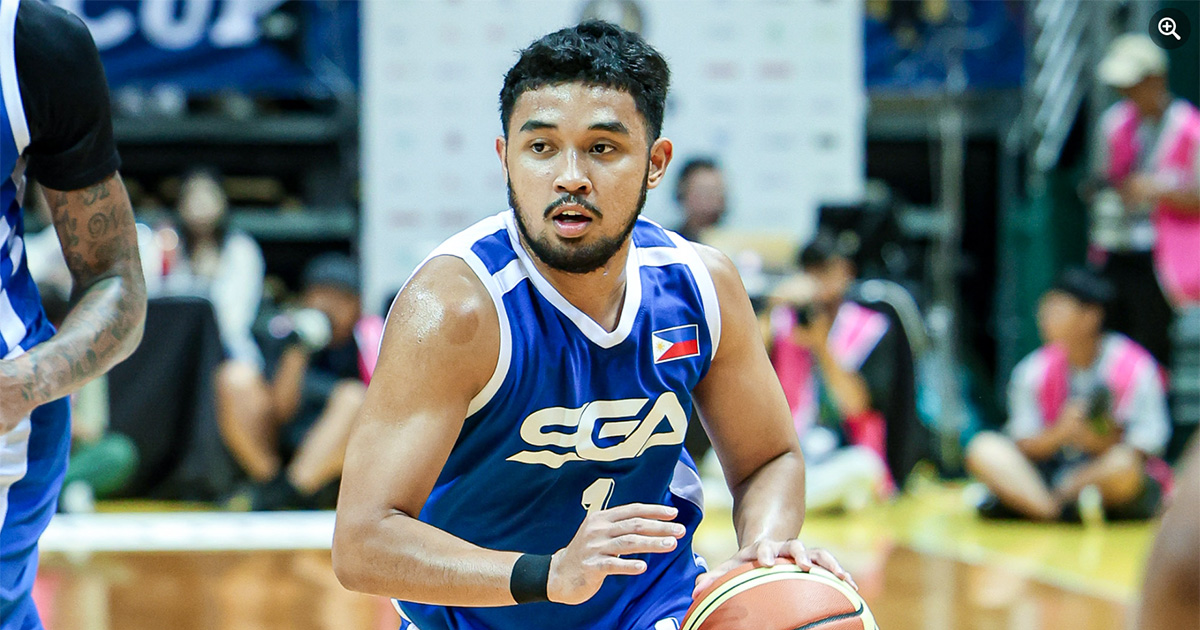The landscape of global basketball has changed over the past decade and basketball at the Olympics did not want to be left behind.
As one of the newer twists, the knockout stages were determined by a draw among the top two teams from the preliminary groups and the best third-place teams as determined by score differential.
At the conclusion of a preliminary round that brought thrill and excitement, the current bracket now looks like this:
The knockout rounds now have the feel of the US NCAA Tournaments and the FIBA and FIFA World Cup knockout rounds, where it’s basically a one-game tournament for everyone left in the field. Each remaining team has certainly some questions entering the Games, but there still remain some areas which can give teams a cause for pause.
USA VS. SPAIN
This iteration of Team USA is a far cry from the Kobe Bryant and LeBron James-led squads that lorded over the competition. Sure, Kevin Durant, who recently became USA’s all-time leading scorer, is leading this squad, but their campaign dating back to the tuneup games has largely revealed the inconsistencies that have made the race to the gold medal so wide open.
After dropping the opener to France, the Americans won their next two games by scoring an average of 119.5 points and with an average margin of 44.5 points. Sure, these weren’t against your usual traditional basketball powerhouses but these games were just what Team USA needed to get back into the groove. They’ll need that momentum against Spain, who despite having lost to the USA in an exhibition game still remains as dangerous as ever with the likes of Ricky Rubio, Rudy Fernandez, and the Gasol brothers Marc and Pau leading the team. The pressure is on for the Americans to go for an unprecedented fourth-straight Olympic gold medal.
Fresh off a heartbreaking loss to Doncic and Slovenia, Spain will have to quickly regroup as they will take on USA this early in the knockout stage. In what is going to be a rematch of the 2008 and 2012 gold medal games, redemption won’t be the only thing on the agenda from the Spanish Men’s Basketball Team.
Size is clearly in Spain’s favor as they can deploy either Marc or Pau Gasol, while Usman Garuba, who was drafted by Houston Rockets with the 23rd overall pick in the 2021 NBA Draft, can defend multiple positions. Rubio will have to once again orchestrate the offense while trying to fend off Jrue Holiday and Khris Middleton, both of whom will likely draw the assignment of trying to stop both Rubio and Fernandez.

FRANCE VS. ITALY
France’s statement win against the USA set the tone for the tournament, particularly in how the competition was a much fiercer one compared to past editions. Rudy Gobert and Guerschon Yabusele have made the most out of their opportunities and size advantages, while the combination of Evan Fournier, Nicolas Batum, and Nando de Colo has given opponents fits.
Italy, however, will provide a different challenge. France may have the size advantage over pretty much every team (except maybe Spain) left in the tournament, but they will have their hands full against Simone Fontecchio, Danilo Gallinari, and Nico Mannion. The latter two are steady scorers with NBA experience, but it’s Fontecchio who has been leading the team in scoring with 18.0 points per game. That three-pronged attack could be something that could draw out Gobert from the paint but it will certainly give the French coaching staff something to think about.
The Italians will have to contend with the size advantage of the French national team, and the key for them could be in putting the likes of Gobert, Yabusele, and Fournier into foul trouble. France’s win over Team USA also showed how switching on everything could prove to be troublesome. A scheme attuned to clogging passing lanes and proper closeouts coupled with crisp ball movement on offense could spell the difference between a shot at a medal and coming home empty.
SLOVENIA VS. GERMANY
Luka Doncic has been playing as if this were HIS Olympics and not as if this were his and Slovenia’s first trip to the Games. His chemistry with his squad, especially with naturalized big man Mike Tobey, has been a killer combination that allowed them to dominante Argentina, take down host Japan, and slip past the 2019 FIBA World Cup Champions Spain.
Look for them to continue to make waves in the knockout stages as double and triple teams haven’t fazed Doncic and company. Foul trouble and injuries could potentially be factors that would hurt their chances but the larger issue would be the defensive schemes that Germany would develop against Slovenia.
It has been a different German stepping up for the squad each game and that inconsistency could force them to have a quick stay in the knockout round. Rebounding could be key against the Slovenians, who actually lead the competition in rebounding at 54.7, nearly 15 more than the 38.0 rebounds of Germany. Limiting Slovenia’s boards could be key in limiting their extra possessions and stymying their offense.
Extra defensive pressure doesn’t seem to work on Doncic so containing him and Tobey may be their best strategy. Zoran Dragic and Vlatko Cancar thrive off Doncic and forcing them to take a larger role on their own could give Germany a fighting chance.

AUSTRALIA VS. ARGENTINA
This could be Australia’s best shot at the gold medal as their team remains to be one of the more cohesive squads in the field. Apart from being national team mainstays, Patty Mills, Joe Ingles, Matthew Dellavedova, Josh Green, Matisse Thybulle, Dante Exum, and Aron Baynes all have NBA experience. The likes of Nathan Sobey and Chris Goulding are national team veterans used to international basketball. (Editor’s note: We acknowledge that we made a mistake and should have omitted Baynes from mention due to his injury.)
Putting all that together is another matter and they have so far weathered the preliminaries. This current version of Argentina may be far from the 2004 and 2008 squads but they remain a fiesty opponent for Australia. Taking it straight to the Argentinian frontcourt will be crucial as they are relatively inexperienced and will need more than the ageless Luis Scola to secure the victory.
This could be the swan song for Argentina’s golden generation as Scola could be playing in his last Olympic Games. The 2004 Olympic gold medalist currently leads his team in scoring at 19.67 points per game through three games, but Scola was relatively quiet against the larger frontcourt of Spain. The Australians will likely throw Baynes, Jock Londale, and Duop Reath at him so he will have his hands full.
Facundo Campazzo, Gabriel Deck, and Nicolas Laprovittola will have to contend against the backcourt of Mills, Dellavedova, Exum, Green, and Thybulle, which has a solid combination of smarts and athleticism. Even when the less experienced Exum and Thybulle are on the floor, the kind of disruptive pressure they provide can make it hard for Argentina to establish its offense. Therefore, the key to defeating the Australians will have to be more about maximizing the talents of their team as a whole rather than relying on the sum of its parts.

Regardless of which team you’re rooting for, the road to the gold medal won’t be a cakewalk. That it is so now is one of the biggest changes and equalizers in a sport easily dominated by the USA basketball program. Winning at this stage will certainly be due to factors such as health, team cohesion, and in-game adjustments but in a year of uncertainty, anything goes.
While there will always be the possibility of blowouts even at this stage, it is more likely than not that fans of international basketball will be treated to thrilling games that will forever be etched into Olympic lore.

